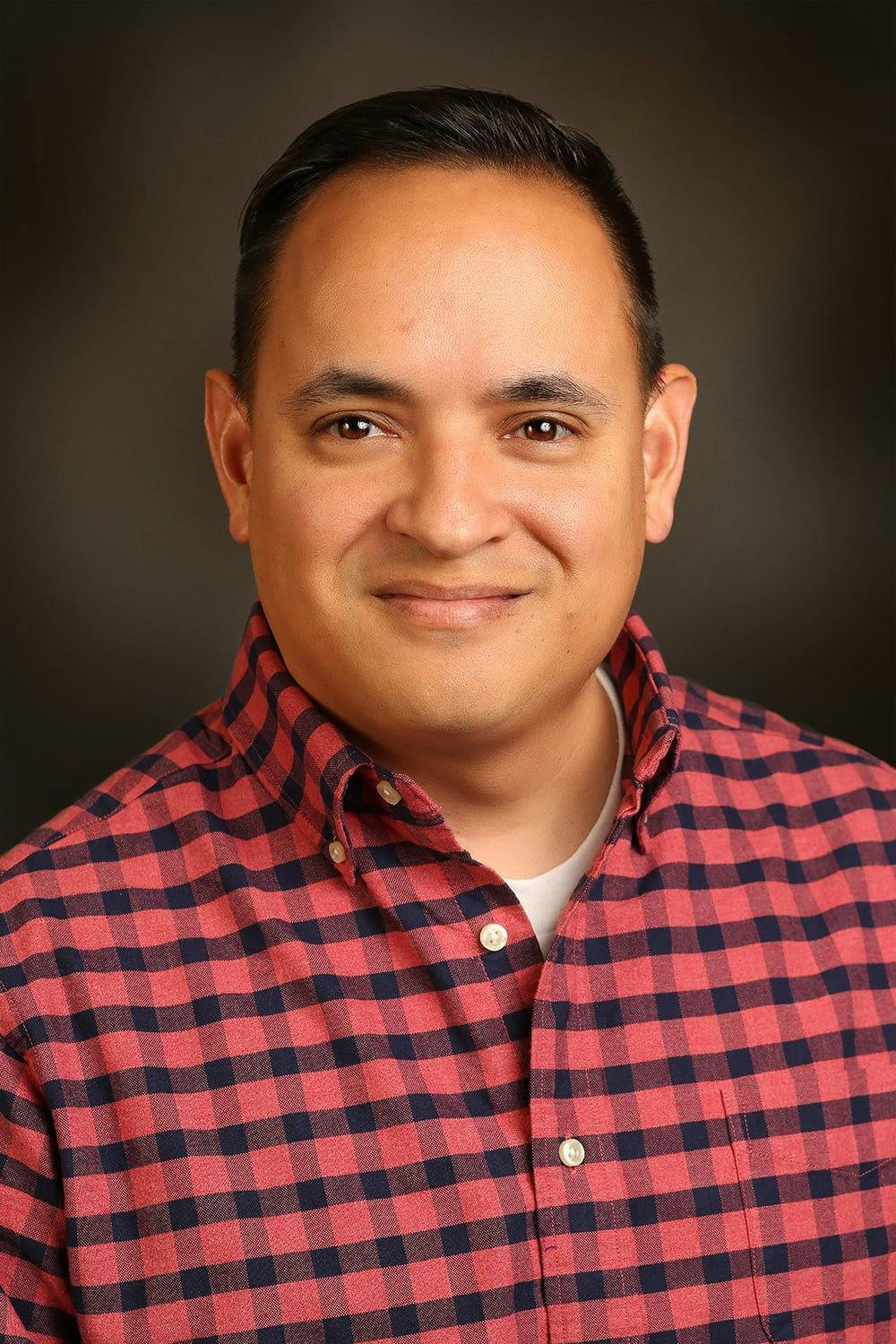
2024-07-02T11:42:04
Growth in Life: A Mental Health Counselor’s Perspective
- Behavioral Health
April 4, 2023 | Behavioral Health
Specialties:Behavioral Health

Are we there yet? Like most kids, I went on long road trips with my large family. Going to the beaches, amusement parks, and mountains were commonplace. There was always excitement at the beginning of the trip but usually a lot of impatience getting there, which is an apt description for these last few months as I have visited with patients and staff. Here are some recent observations:
I have been working with a patient who was referred as a result of a traumatic brain injury. He has moments of great clarity while also having difficulties with minor day-to-day activities. Recently, he made a startling observation worth sharing. He noted that people are friendlier and more talkative when the sun is out and the weather is warm. I completely understood where he was coming from. Winter fatigue is a real thing, especially this year. Everybody I interact with recognizes the need for the snow and rain that we have received this year and appreciates it. However, it does come with a cost for our emotional health, as my patient noted. A couple of weeks ago there was a brief break from the storms that were continuously hitting our state. As soon as I was done with work, I grabbed my kayak, fishing rod, and dog and headed for the ponds near my home. I wanted to take advantage of the warm sunny day because I wasn’t sure when it would happen again. A couple of hours later, I left feeling refreshed and ready to tackle my responsibilities.
The United Way provides families and individuals with great suggestions and resources to address a wide range of topics unique to our community. A couple of months ago, I was asked to participate in a podcast with Michaelann Gardner who serves as one of the Senior Directors of United Way of Utah County. I was asked to focus on, “How do I respond to my child’s negative self-talk?” We were able to touch on a few points of concern with children and some ways to remedy those worries. I think our discussion has great value for all parents with children of any age as negative talk tends to surface at every phase of life. Unfortunately, adult children struggle with this problem every bit as much as others. Stream the full EveryDay Strong episode wherever you listen to podcasts or click here.
It never ceases to amaze me the topics people feel uncomfortable talking about. Perhaps one of the more common discussions that make individuals squirm in my office is related to the topic of compliments—more specifically being able to accept compliments. Multiple surveys have shown that compliment-givers usually underestimate how good their compliments make people feel. In other words, people who receive compliments feel much happier and more pleased than the compliment-giver predicted. Learning to accept compliments helps us to better internalize those genuine encounters with others. It also incentivizes the giver to continue because of how well the compliment was received. As always, the best response to any compliment is with a simple, ‘thank you’.
I have an ongoing joke with my family where I say, “I love you all of the time and like you most of the time.” Loving somebody does not mean that you have to like or even accept what they do, especially when their behaviors are detrimental to themselves or you. Sometimes loving somebody means that you have to leave them for a while. A teenage girl shared with me how her group of friends had started to engage in some toxic discussions in their regular group chats. We talked about a couple of options, and she ultimately decided to take a break from those chats for a couple of weeks and then reassess the situation. She was pleasantly surprised to learn that her absence caused a shift in the discussion to something more positive. She was excited to re-engage with these friendships after that brief absence. I love what Mother Teresa said with this type of balance, “People are often unreasonable, irrational, and self-centered. Forgive them anyway.” I’m just not a big fan of the ‘cancel culture’ which permeates our society. Taking a more thoughtful and measured approach might be better than the alternative of simply cutting people out of our lives altogether.
The drought conditions over the last couple of years have forced our state to reprioritize where we allocate the vital resource of water. In many cases, this means removing or changing our landscaping needs and emphasizing what is already naturally around us. It has been said that simplicity is the highest form of elegance. It is about making things uncomplicated, straightforward, and easy to understand. It involves making choices that require less effort. I recognize that many choices are weighty and complicated. However, I am finding that individuals are putting much unnecessary weight on decisions that don’t have a lot of lasting consequences. This can be very exhausting and unproductive. Ironically, I often find that the toughest decision I have each day is what to make for dinner—I’m still learning too! I am always on the lookout for ways to simplify my life because it helps me to be more present and place my emotional resources where they will do the most good. I sometimes need a 7-11 lifestyle and not a Walmart lifestyle. It is easy to become overwhelmed with the myriad options available to us.
I think the only thing worse than doing something hard, is doing something hard AND alone. Even the most introverted people have the need to feel valued, supported, and connected with others. All of the research supports longer and more fulfilling lives as we make these needed social connections. I’m often asked who I talk with whenever problems surface in my life. Fortunately, I have relationships with colleagues and co-workers that provide me with invaluable feedback and support. Friends whom I have made through hobbies and other interests have also served as additional connections. I am from a large family and have also learned that family doesn’t always have to be defined by biology. I love the banter and joking that often goes on in our office, and I even love to hear this from patients whom I see. Staying connected with others provides us with meaning and purpose. Learning to let go of negative past experiences is an excellent tool to promote health, nurture those important relationships, and ultimately stay connected.
There is no shortage of opinions regarding the concept of identity. I have learned that the groups we join will inevitably influence who we are and who we become, which makes it so important to choose carefully. I have found that most people I see lack an accurate picture of who they are. They present with some perceived notions of who they are based on different influences in their lives. These perceptions are usually filtered through their own fears and inadequacies. Unfortunately, this approach does not provide us with an opportunity to honestly know who we are. Identity is a lifelong process that is constantly evolving through our individual and shared experiences. There will be some aspects of identity that hold fast over time, while other parts will only serve value for brief intermittent durations. As I work with people in recovery from addiction, it is interesting how much they identify themselves with their particular addiction. They have to learn that their addiction is one part of them, but it by no means defines them. If we do not know who we are, the world will tell us who we are; we may not like what we hear.
I love to hear about hopes and dreams. I also love to hear about failures. Failure often indicates passion, development, and effort. Stories of failure often help me better understand problems and what solutions won’t actually work. At times, it can be tempting to explain away our shortcomings and blame someone or something else. We may try to convince ourselves that our ‘Plan C’ was actually our ‘Plan A’ all along. One of my favorite authors, Kobi Yamada, said, “When we make it safe to fail, we make it safe to succeed.” While teaching one of my children to drive in a parking lot, I noticed she made the same mistake three times in a row without making any corrections. I informed her that she needed to do something different, even if the results were the same. We have to decide how we want to think and talk about our failures to move forward. Fear of failure cannot be a part of what we dwell on. As Yoda said, “Fear leads to anger, anger leads to hate, and hate leads to suffering.”
If you have any concerns about your mental health or the mental health of a loved one you can call Allan Pauole, CMHC, or one of our Revere Health Behavioral Health offices in Utah.

WRITTEN BY:
Allan Pauole, CMHC
Allan Pauole is one of our mental health therapists. He has worked for Utah, Juab and Millard counties providing both mental health and substance abuse counseling for hospitals, Utah’s drug court population, and private agencies. Allan also worked for the Paiute Indian Tribe of Utah as a social worker and served as the primary liaison for the tribe in all child custody hearings involving the Division of Child and Family Services and the juvenile courts. He is quite versed in navigating the sometimes dueling interests between the mental health and legal systems. Allan has been a licensed clinical mental health counselor for over 15 years and has extensive training in Motivational Interviewing (MI), Dialectical Behavior Therapy (DBT), substance abuse counseling, and Trauma Focused Cognitive Behavior Therapy(TF-CBT). He is EMDR trained. He is also able to treat all forms of Anxiety, Depression, ADHD, PTSD, and Personality Disorders for patients of all ages. He has an especially strong interest in working with teens and college age adults as he recognizes the challenging and unique transition phase this can be.


2024-07-02T11:42:04

2024-04-09T04:30:04

2024-01-08T11:58:49

2023-10-03T10:37:02
This information is not intended to replace the advice of a medical professional. You should always consult your doctor before making decisions about your health.